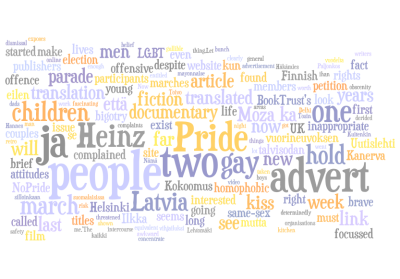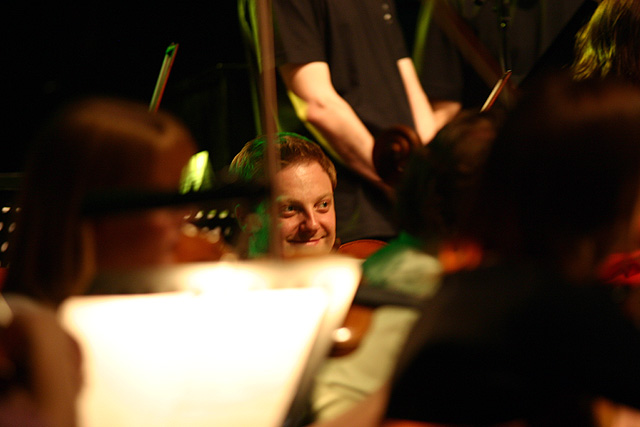It's intriguing how opposition to "Europe" is not necessarily a party-political matter but can manifest itself in all political corners. For instance, here in Finland, again, confusingly and somewhat nonsensically, it is the parties of the left that most vocally object to the Treaty, whereas in the UK, euroscepticism is almost exclusively part of the far-right agenda (espoused by the Tories, the odious UKIP and the even more odious BNP), while it is the Labour party that has tirelessly tried to ratify the Treaty and integrate us with the rest of Europe – which is, after all, our rightful place.
Out of a glorious sense of schadenfreude, I would have loved to have seen the looks on the faces of Cameron and his disciples as exit polls began appearing in Ireland. This article in the Guardian gives us a fairly good indication of what that look might have been. Poor Dave... Left with the prospect of becoming PM but not actually being able to do anything about the Treaty. Not only that, he's now faced with the dilemma of whether to hold a referendum on the Treaty after is has already become law. What a ridiculous idea, not to mention an utterly pointless endeavour.
It goes without saying that certain loony elements [certain...?] on the far-right of the Tory party are calling for a referendum even if the Treaty has passed. I suppose they have to do this so as not to lose face. They erroneously claim that a No vote in such a referendum would "rule the Lisbon treaty null and void in the UK and withdraw us from its provisions". This demonstrates how little they understand of the ratification process and, not surprisingly, the contempt in which they hold European law. But what if Cameron doesn't hold the long-promised referendum, fruitless though such a thing will now inevitably be? Won't he be accused of going back on his promise, of denying the British people their say? I dare say it won't go unnoticed that these are the same accusations he has been throwing at Gordon Brown since the day he took office. A tricky situation indeed... Poor Dave. Let's just hope it does put a damper on the conference, eh? At least the presence of all his new Eastern European bedfellows should cheer him up. They sound like jolly nice fellows to me.
Cameron is also facing controversy over the presence at the party conference of controversial MEPs Michal Kaminski, the Polish leader of the new Conservative group in the European parliament, and another member of the group, Roberts Zile from Latvia, who are both accused of having far-right links.
Last night it emerged that another of Cameron's European allies had been accused of holding extreme views after backing anti-gay legislation in Lithuania. Valdemar Tomasevski, an MEP and a member of the Tories' European coalition, voted for a Lithuanian law on 16 June that bans discussion of homosexuality, not only in schools but in any forum open to young people.




